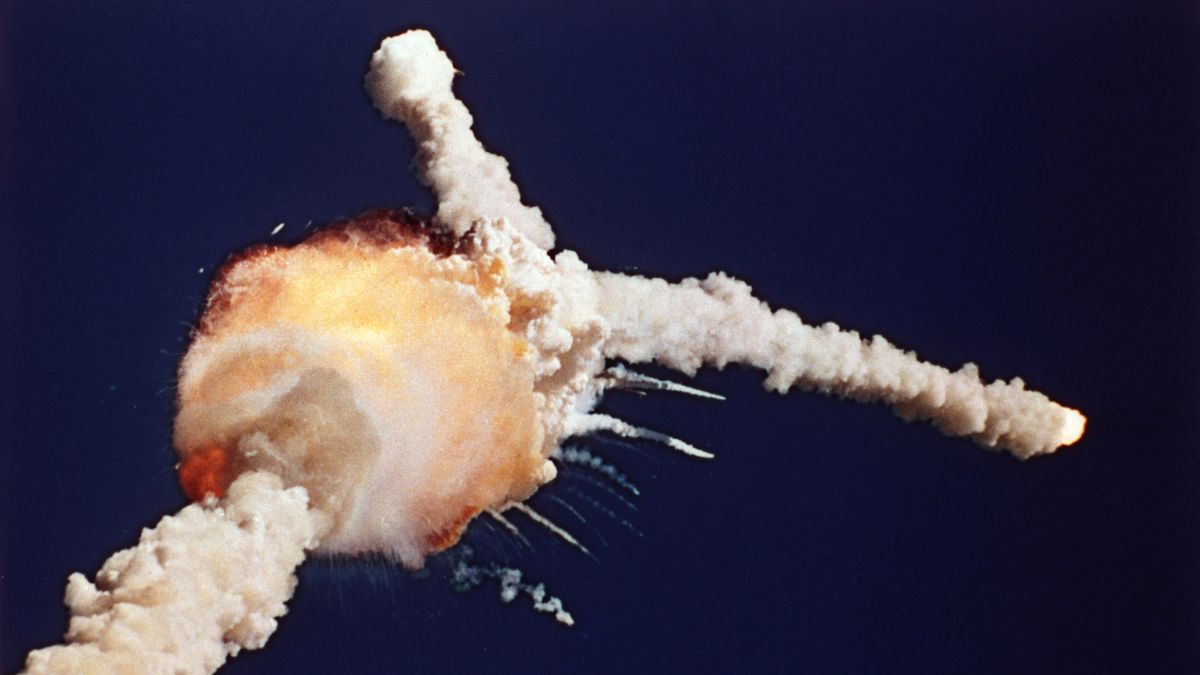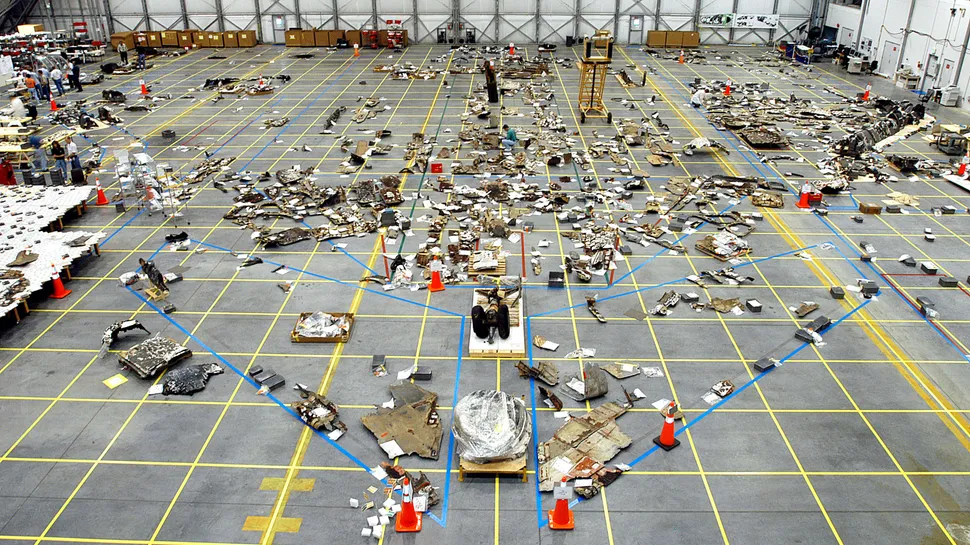All of you know by now that I have a HUGE space fan. However, this cutting-edge technology, travel, and innovation do not come without a price. Sometimes lives are lost. This article is a tribute to all of those brave men and women who have helped advance our knowledge of space. Thank you. Now a moment of silence, please.
We are coming up on the twenty-year anniversary of the space shuttle Columbia disaster. (February 1, 2003) Columbia was not the first to go down in history as an official disaster and sadly may not be the last. We mourn the loss of all who have paid the ultimate price for our educational journey with their lives. They are pioneers. Their journeys have helped to pave the way for us to create safer and more reliable spacecraft(s) to continue to pursue our learning experiences of space and perhaps create a settlement on another planet in the not-too-distant future.
January 27, 1967 astronauts Virgil “Gus” Grissom, Ed White, and Roger B. Chaffee were conducting a plug-in test aboard Apollo 1 when a fire erupted in the atmosphere of the cabin spreading quickly and claiming all three lives. The aftermath of this tragic incident propelled NASA to plan extensive redesigns of their Apollo command modules. Specific redesign efforts hinged on safety equipment and procedures. These necessary redesign requirements delayed the next Apollo mission by over a year. (https://en.wikipedia.org/wiki/List_of_spaceflight-related_accidents_and_incidents)
A mere seventy-three seconds post lift-off the space shuttle Challenger was violently tossed sideways into a Windstream at Mach 1.8 causing it to blow up with the world watching on television. It was beyond horrific! Seven lives were lost. (Gregory Jarvis, Christina McAuliffe, Ronald McNair, Ellison Onizuka, Judith Resnick, Michael J. Smith, and Dick Scobee) Investigators from NASA determined that the cold weather caused an O-ring seal to fail. That O-ring failure allowed gasses from the solid rocket boosters (SRBs ) to come into contact with the external propellant tanks. Tat in turn caused the booster struts to fail. When this series of events occurred the SRB rotated into the propellant tank exploding. In the end, NASA discovered that the crew may have survived the break-up but would have been unconscious and would have had some hypoxia. It was noted that some of the astronauts aboard had attempted to engage their emergency oxygen tanks. The cockpit amazingly splashed down largely intact east of Cape Canaveral, Florida. (https://en.wikipedia.org/wiki/List_of_spaceflight-related_accidents_and_incidents)
The next to experience disaster was the space shuttle Columbia. She had been on a two-week mission in space and the crew was en route back to earth when they noticed there was some damage to their thermal protection system (TPS). As they began reentry the shuttle broke apart killing all aboard. (Rick D. Husband, William C. McCool, Michael P. Anderson, David M. Brown, Kalpana Chawla, Laurel Clark, and Ilan Ramon) They were at Mach 19! Upon investigation, it was found that their foam insulation had broken off the external fuel tanks smacking the space shuttle and damaging the leading edge of their left wing, and allowing the extreme heat to penetrate. This extreme heat caused structural failure. The spacecraft fell in fragments to the earth and later pieces were discovered strewn over Eastern Texas and Central Louisiana. (https://en.wikipedia.org/wiki/List_of_spaceflight-related_accidents_and_incidents)
Those three are the big ones, but there are also several smaller disasters that go largely uncelebrated. All are important and every life lost is equally as tragic. May we pause for a moment to thank those who selflessly pursue the extreme outskirts of our galaxy to help us learn about the planets and ecosystems there.





